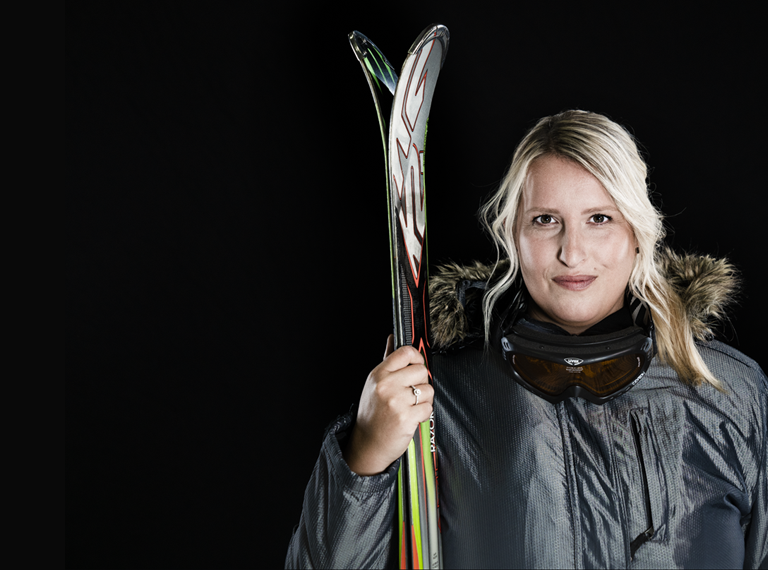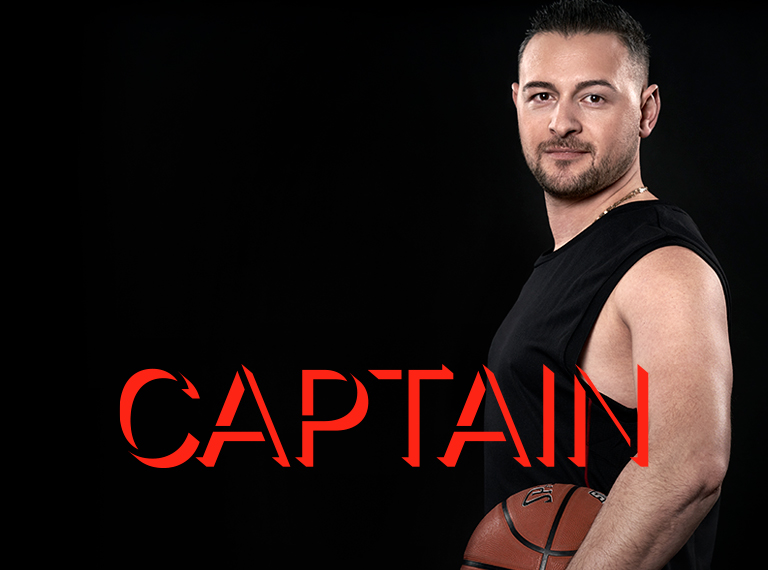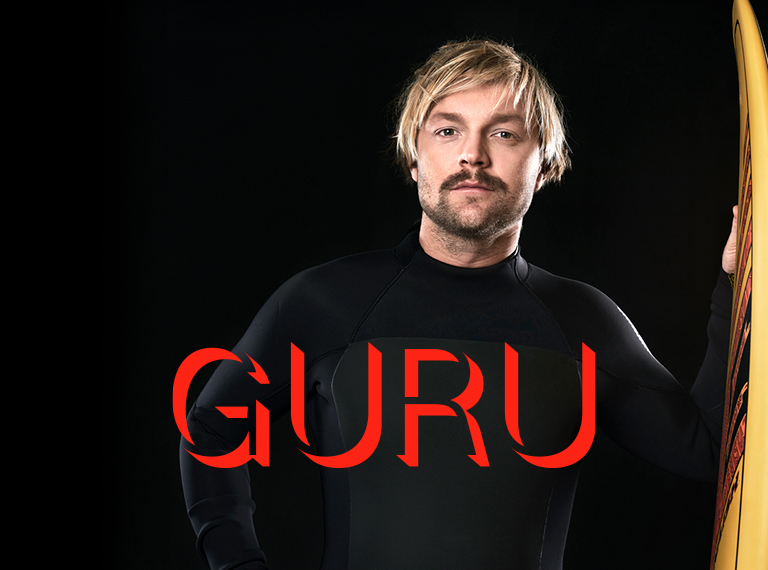What do you do at Cheops?
As a Support Engineer I provide first line IT support for the company that I work for. They contact me for all kinds of issues and incidents, for which I provide follow-up based on a ticketing system. Typical examples include people who are unable to log in to the system, network outages, or issues with a specific application or programme. I solve these incidents or pass them on to the second line support engineers, who deal with more complex issues. I also make sure that everything is in place for new employees, by preparing their laptop, etc. Currently I'm working on a project at Lineas, where I am responsible for the large-scale roll-out of new laptops, which I set up so they are ready for use.
What are the qualities you need in your job?
You mainly need to have good logical thinking skills. Why is something not working? You need to think logically in troubleshooting, and try to determine what’s wrong. If you’re a logical thinker, IT may be just the career path for you. Social skills are also very important. The customer usually says something along the lines of “it doesn’t work’. Your job is to ask questions to determine why it isn’t working. You can easily get to the heart of the matter by asking 5 targeted questions.
How did you find out about Cheops?
My career path is a bit unusual, in that I trained as an actor, after which I ended up in Tenerife because I like surfing. At one point, I needed an income and that’s how I ended up working for an IT company. I was always interested in IT, and received on-the-job training. After a while, I started applying for work in Belgium. I got a warm welcome at Cheops and I realised from the get-go that there were lots of opportunities for growth here.
Why did you choose Cheops?
The company has a very personal, human approach, but one which is also very professional. This is something that I really noticed during the interviews and onboarding process. Cheops is a healthy organisation, with a ‘just do it’ mindset. You can feel that they want to move forward. You’re assigned a Talent Manager, which is like a coach, whom you can always call and with whom you can discuss anything and everything. They ask about your career expectations and you get an opportunity to follow training and obtain certifications. They’re very transparent with you and they expect their team members to be equally transparent.
What are your ambitions?
I want to move up to second and then third line support, by acquiring more knowledge and developing my technical skills. This will mean tackling more complex issues and getting more responsibilities on the technical level. The longer you work, the greater your knowledge, and the higher you can go.
What does "Guru" mean to you? How do you help customers get ahead?
I’m a keen surfer. The nice thing about surfing is that you have to learn to be humble. You can’t force-ride the wave. If you’re already assessing whether you will be able to ride a wave, you’re creating a mental block for yourself. There's no room for arrogance; you just have to take it as it comes. I apply that same mindset to my job: you must keep an open mind on the problem and the assistance you need to provide. Every day is different, and you can never predict what will happen. Focus on the problem at hand: that’s when you deliver your best work and when you help the customer make headway.



